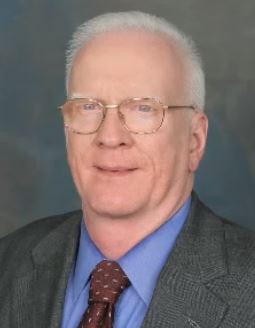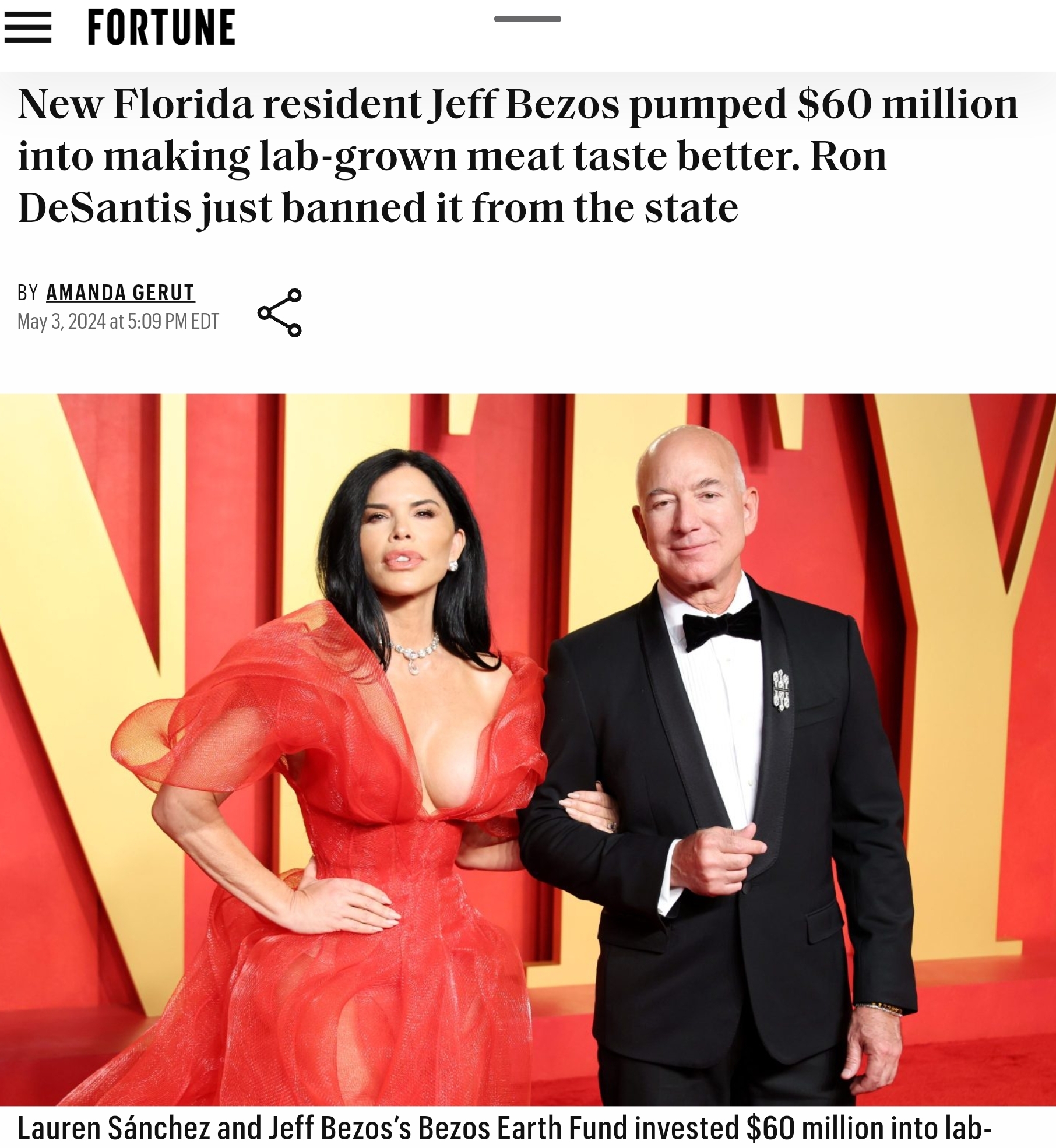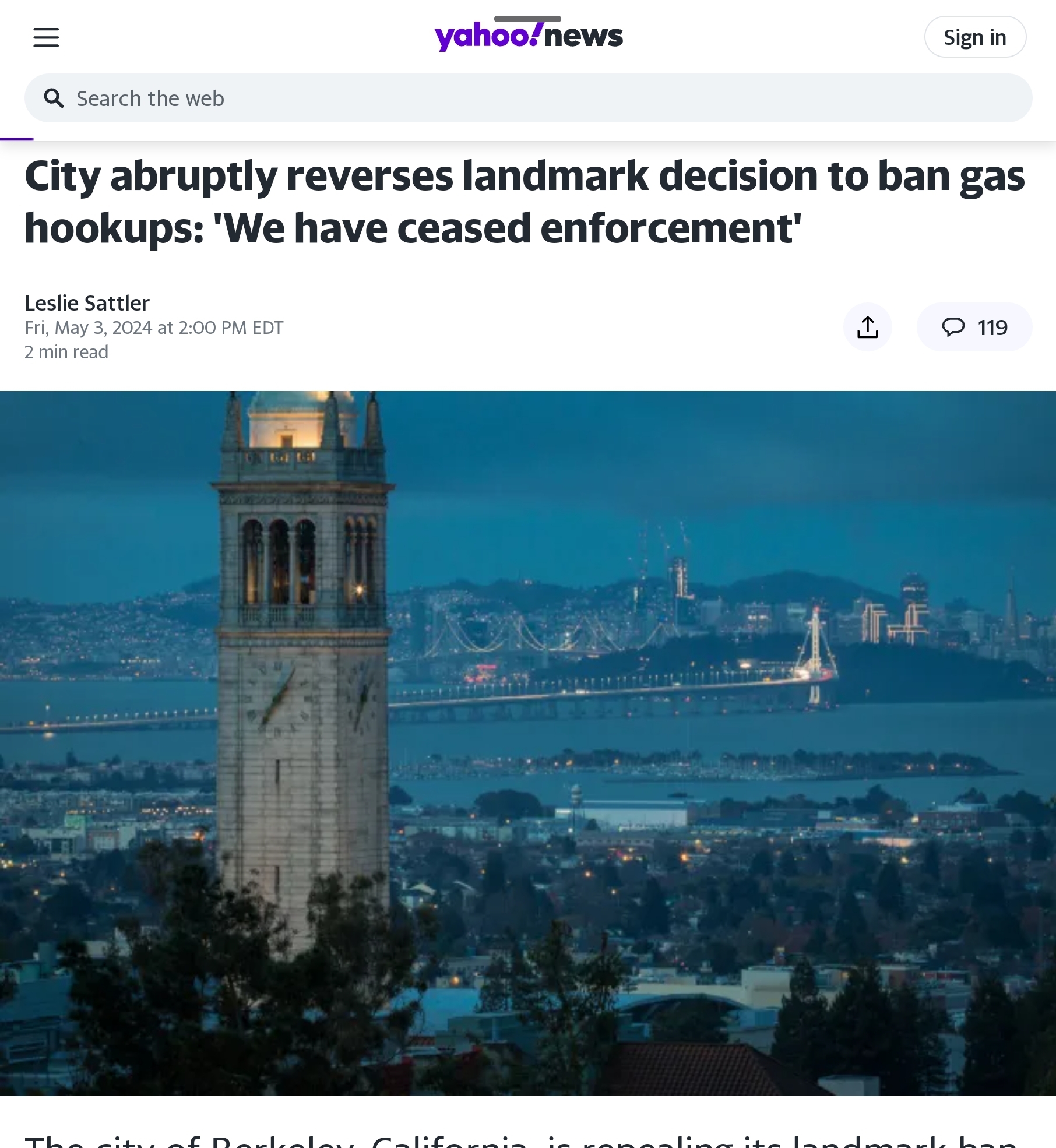https://www.cfact.org/2021/09/28/nevada-lithium-mine-key-to-green-energy-opposed-by-greens/
In a drama involving two conflicting goals of the environmental movement and the Biden administration – “saving” the planet from climate change and “saving” an endangered species — a proposed lithium mine on federal land in western Nevada may be brought low by – of all things — buckwheat.
Two international companies – Australia’s ioneer Ltd. and South Africa’s Sibanye-Stillwater – want to exploit a site on Rhyolite Ridge in Esmeralda County, Nevada, which they say holds the largest deposits of lithium and boron in North America.
The mine would be “the most advanced lithium project in the U.S., and will become a major domestic supplier of refined lithium products, with enough supply of lithium materials for 400,000 electric vehicles a year for another quarter of a century,” ioneer executive chairman James Calaway said in a press call (Washington Times, Sept. 21).
Electric vehicles (EVs) are one of the pillars of the push by the Biden administration and governments of other industrialized nations to decarbonize their sources and use of energy in the name of combatting climate change. About 230,000 EVs were sold in the U.S. in 2020, accounting for 2% of new vehicle sales. As demand for EVs powered by lithium-ion batteries grows, so, too, will the global appetite for lithium. Currently, the U.S. has only one active lithium mine, Silver Peak, located in Nevada, even though the country is thought to have 10% of the world’s estimated 80 million tons lithium reserves.
…
or companies eager to cash in on politically favored and heavily subsidized EVs, the proposed mine on Rhyolite Ridge looks like a bonanza. But standing in its way is the Tiehm’s buckwheat, a flowering plant whose entire habitat is a 10-acre stretch of land located right where the new lithium mine would be operating. Responding to a 2019 petition submitted by the Center for Biological Diversity (CBD), the U.S. Fish and Wildlife Service (FWS) on June 3 proposed protecting the Tiehm’s buckwheat under the Endangered Species Act (ESA). The FWS will undertake a 12-month review to determine whether the buckwheat will be listed as threatened or endangered.
Regardless of which designation the FWS decides on, the mining project is facing headwinds. In addition to seeking an ESA listing, CBD is also suing to stop the mine, a process that could tie up the project for years. Furthermore, many Tiehm’s buckwheat plants were recently destroyed by rodents, further imperiling the species’ chances of survival. Patrick Donnelly, Nevada state director for the CBD left little doubt about his group’s position on the matter. “There’s only one way forward, and that’s to protect Tiehm’s buckwheat and stop this destructive mine from driving a species to extinction,” he said in a statement.
Even more ominous for the developers is a finding by the FWS that “dust deposition, generated from increased vehicle traffic associated with mine operations, may also negatively affect the overall health and physiological processes of the subpopulations remaining after full implementation of the project.”
Shaky Lithium Supply Chain
Approval of the Nevada mine project would enable the Biden White House to say the U.S. is fully participating in the global lithium supply chain, a major step on the way to replacing gasoline-powered vehicles with EVs. But the mine’s dubious prospects are only one of the problems undermining a smooth transition to an all-electric future.
Lithium, the linchpin in the transition to green energy, is in short supply. And as automakers, utilities, and the public they serve become increasingly dependent on this soft, silvery-white alkali metal, the shortage will become even more acute, and the metal’s price will rise accordingly. As the Macquarie Group, an Australian financial services company, recently noted: “In the longer term, we believe the lithium market is likely to be in a perpetual deficit. As a result, lithium prices are expected to continue to rise, moving to an incentive price by 2024.”
A July 2021 article in Forbes highlighted a Credit Suisse prediction that that lithium demand could triple well before 2025, with higher prices required to “provoke the required supply response.”
And where will all this lithium come from? “Most of the world’s dominant lithium suppliers are aligned with hostile powers – such as China/Mongolia, Congo, Bolivia … and, now, Taliban-controlled Afghanistan, where China is expected to win an estimated $1 trillion in lithium mining contracts,” notes Lee Bellinger in the September issue of Off-Grid Confidential.
Bellinger points to a recent, little-noticed 287-page International Energy Agency (IEA) report on what the shift from fossil fuels to metal-dependent renewable energy will entail. “Lithium, graphite, nickel, and rare earths face a huge demand curve rise of 4,200% for lithium, 2,500% for graphite, 1,900% for nickel, and 700% for are earths,” he points out. IEA found that all-electric cars require six-times the minerals of a conventional gasoline-powered vehicle.
All these materials will have to be mined in support of intermittent wind and solar power, which will put huge strains on an already rickety electric grid that will not be able to supply reliable and affordable power, no matter how much Wall Street investors pour into green energy.
Biden and his handlers, the same wizards who masterminded the U.S. withdrawal from Afghanistan, are trading American energy independence from the Middle East for energy dependence on China, our chief geopolitical rival. And the energy we get in this bargain, assuming we get any, will never suffice to power a highly developed nation of over 330 million inhabitants.
Author
 Bonner Cohen, Ph. D.
Bonner Cohen, Ph. D.
Bonner R. Cohen, Ph. D., is a senior policy analyst with CFACT, where he focuses on natural resources, energy, property rights, and geopolitical developments. Articles by Dr. Cohen have appeared in The Wall Street Journal, Forbes, Investor’s Busines Daily, The New York Post, The Washington Examiner, The Washington Times, The Hill, The Epoch Times, The Philadelphia Inquirer, The Atlanta Journal-Constitution, The Miami Herald, and dozens of other newspapers around the country. He has been interviewed on Fox News, Fox Business Network, CNN, NBC News, NPR, BBC, BBC Worldwide Television, N24 (German-language news network), and scores of radio stations in the U.S. and Canada. He has testified before the U.S. Senate Energy and Natural Resources Committee, the U.S. Senate Environment and Public Works Committee, the U.S. House Judiciary Committee, and the U.S. House Natural Resources Committee. Dr. Cohen has addressed conferences in the United States, United Kingdom, Germany, and Bangladesh. He has a B.A. from the University of Georgia and a Ph. D. – summa cum laude – from the University of Munich.




